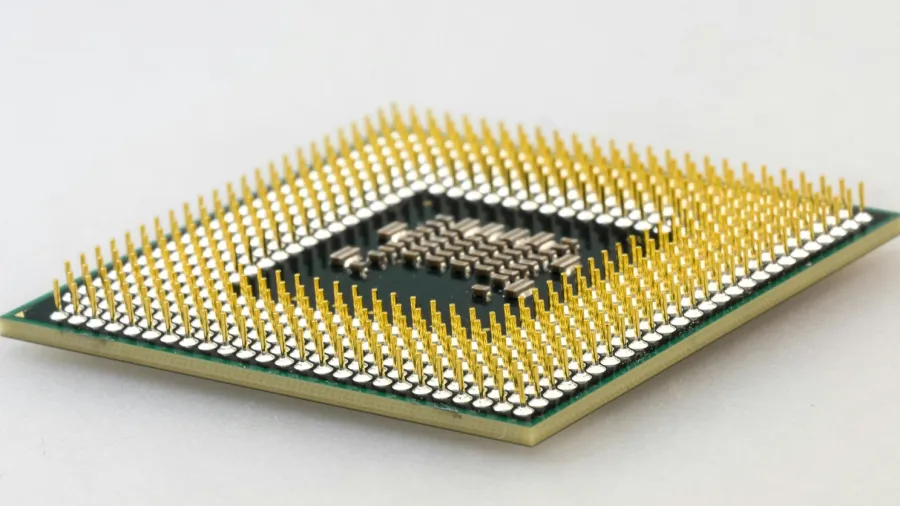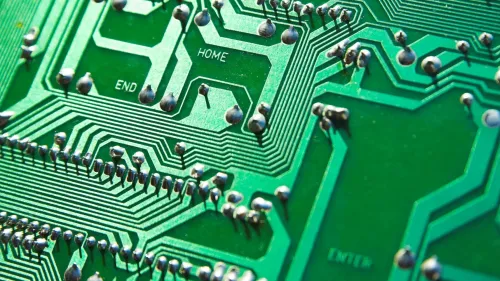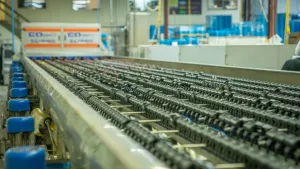
Smartphone shipments decline but AI chip demand surges
AI chip production rises to meet the growing demand for AI functionalities in new electronics.
Long-term trends such as lengthening replacement cycles and a shrinking pool of potential new smartphone users are constraining growth in the industry.
Latest data from S&P Global Market Intelligence projects that annual smartphone shipments will continue to decrease, reaching 1.08 billion units by 2028 with a compound annual growth rate (CAGR) of -0.8% from 2023 onwards.
This decline is attributed to the market nearing saturation.
Despite a temporary boost in global smartphone shipments due to pent-up demand during the recent downturn, the overall trend remains downward. The maturation of the smartphone installed base, including saturation and a decreasing pool of potential users, will lead to a slowdown in expansion, with a projected 1.3% CAGR from 2023 to 2028, significantly lower than the 2.9% CAGR recorded from 2018 to 2023.
AI chip demand
In contrast, AI chip demand is surging as manufacturers integrate AI functionalities into their products. This rise in AI chip production is driven by the growing need for advanced processors in new electronics, such as PCs and other devices incorporating AI capabilities.
In the electronics supply chain arena, Nvidia Corp. and Advanced Micro Devices Inc. (AMD) have made significant announcements regarding the use of AI in their products.
PC manufacturers such as ASUSTeK Computer Inc., MSI Computer Corp., HP Inc., and Lenovo Group Ltd. are introducing AI functionalities in their machines to attract both business and personal users looking to upgrade their computer devices that were bought during the pandemic.
The laptop market is showing signs of increased activity, with US seaborne imports linked to major brands like Lenovo and HP recording significant year-over-year growth in April and May. However, not all firms are experiencing expansion, with some like ASUSTeK and MSI facing varying trends in their shipment volumes.
In the realm of AI systems, both Nvidia and AMD are gearing up for regular upgrades, introducing new processors and chips in the coming years to meet the evolving demands of consumers. This shift towards integrated systems presents complexities for the supply chain, highlighting the importance of streamlined manufacturing processes.
South Korean exports of memory chips have seen a notable increase, driven by demand in consumer electronics and data systems. Whilst inventories in the country are declining, there are concerns about potential disruptions in production, such as strike actions at Samsung Electronics' chip-making operations.
Overall, the global electronics market is witnessing fluctuations in demand and supply, influenced by factors like technological advancements, changing consumer preferences, and supply chain disruptions. The industry is expected to navigate these challenges and adapt to the evolving landscape in the years to come.
















